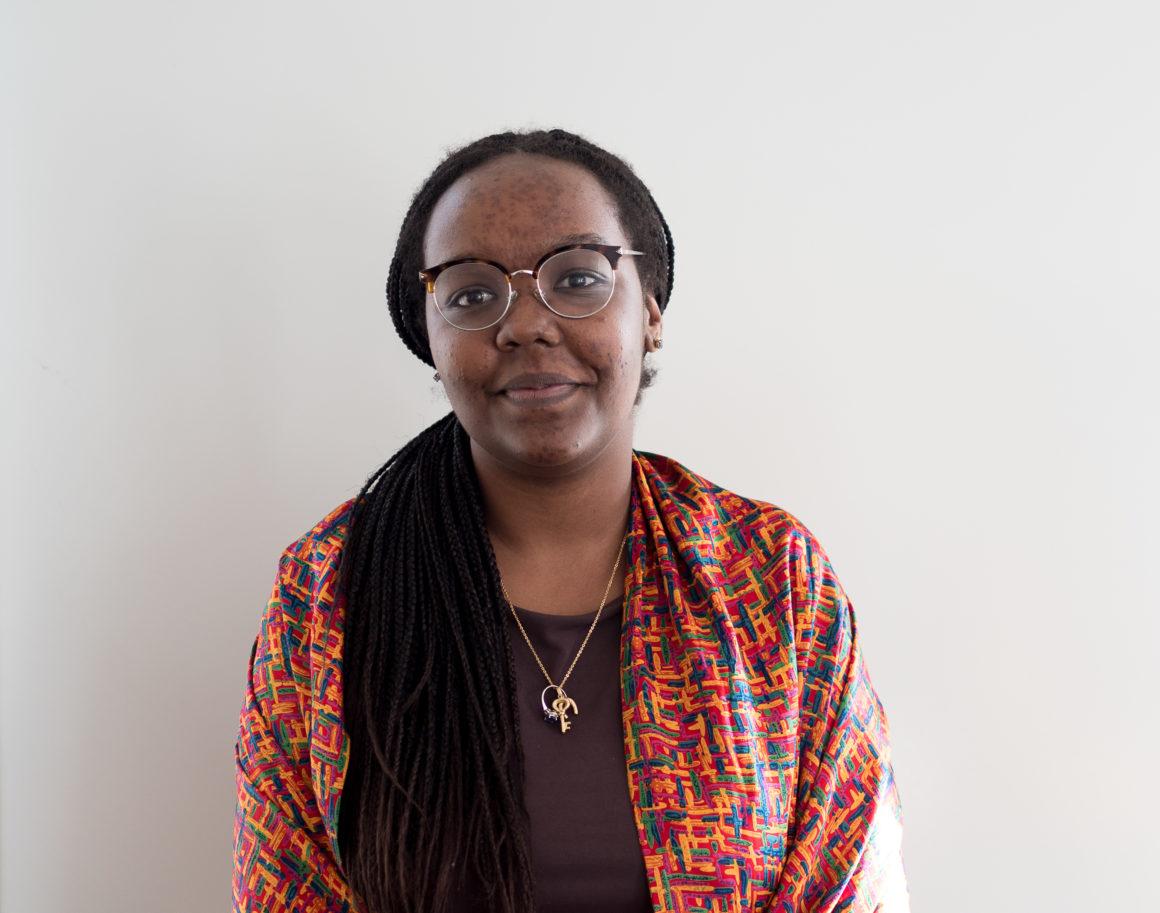
The intersection of global luxury brands and health initiatives in Africa has become increasingly interesting to me as of late. It goes beyond the narrative of “giving back” — it is an excellent example of effective Euro-Africana ties which, when done right, can be the best type of aid possible. With abhorrent income inequalities in our world, aid should not be something the givers are constantly congratulated for. In a world with an abundance of resources, it truly is the least that the most successful and profitable industries can do.
One of the most public examples of the intersection between fashion and poverty alleviation and health initiatives in the world is the Gucci-founded Chime for Change. This initiative provides education, health and justice projects focused on gender equality. What I love the most about projects like Chime for Change is that they bring together firms like Gucci, Facebook and the Bill and Melinda Gates Foundation with organizations like UNICEF and The Global Fund. These connections not only allow aid to reach a larger public, but also use the wealth accumulated in several industries to help those that are stuck in a cycle of poverty and hardship. It may sound harsh, but when one is given a lot of opportunity and success, the expectation should be to help others in any capacity possible. Depending on where one is in life, helping others is almost always possible. The best thing about the cooperation between multinationals and non-governmental organizations is that these firms have a lot of resources; therefore, they can do a lot of positive and necessary work.
Another example of the intersection between fashion and social and health initiatives is Fashion for Relief. This organization focuses on humanitarian and environmental causes bringing together fashion’s most famous faces and brands — namely, Diesel and Jourdan Dunn — to raise money for important developmental issues. A large part of this connection between global brands and developmental aid is corporate social responsibility. Although these companies likely want to do good, the reality of the situation is that giving back is good business. There is nothing that presents a positive image for a brand as quickly and effectively as working for and with the underprivileged.
At the intersection of genuine discourse and more humanity, we can go a long way. The discussion surrounding how poverty became an industry is displeasing. The help that is needed ranges from direct aid for health purposes (medication, vaccinations, health education, etc.) to providing opportunities for business models and cross-national economic engagement. Fashion and global luxury brands seem to be diametrically opposed to the values of poor countries, but they should not be. Certainly the difference between how people in different parts of the world live is unsettling, but the possibility for effective cooperation exists and has a lot of potential. As an independent major in Euro-Africana Studies, the link between what seems like two different worlds appeals to me. Between the glitz and the glamour and the hope amid difficulty, we are ultimately dealing with human beings. I refuse to believe that cooperation between the two is impossible.
So, what is it that I hope to see happen next? I want to see more brands coming up with unique ideas and ways to work in the African continent. There would be nothing better than seeing more creative and financial collaborations that benefit all the parties involved. Playing on people’s guilt is not necessary when rationality is involved. Economic development for all is the best way to move forward. I think that questions arising from issues such as the definition of appropriation and where lines should be drawn could also be answered in this way. There is no need to balkanize. What is African and what is European? What is for the rich and what belongs to the poor? What is developed and what is developing? I leave these questions with you!
— Aminata Kinana ’18



























































